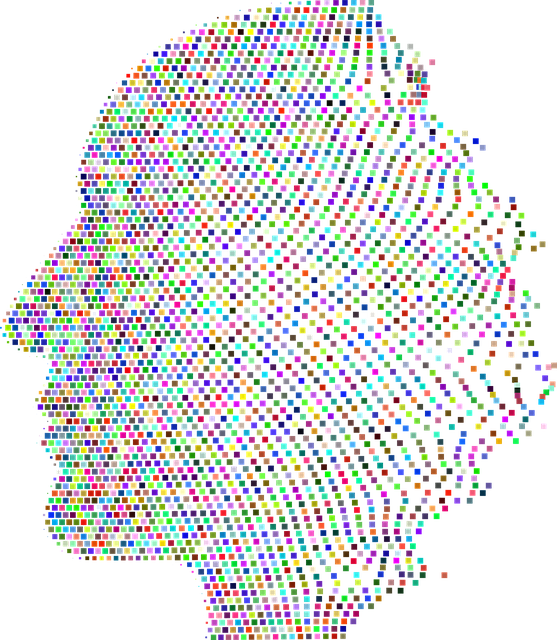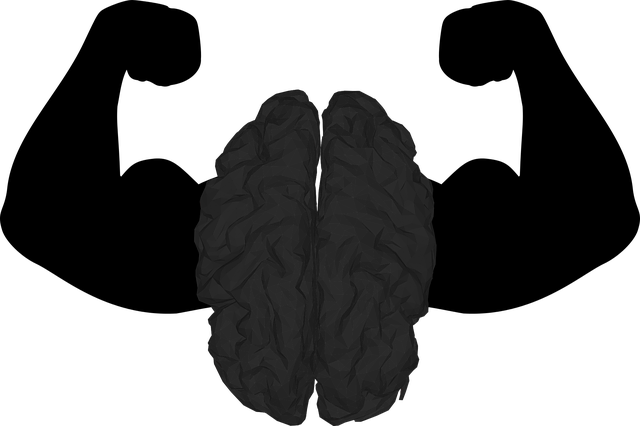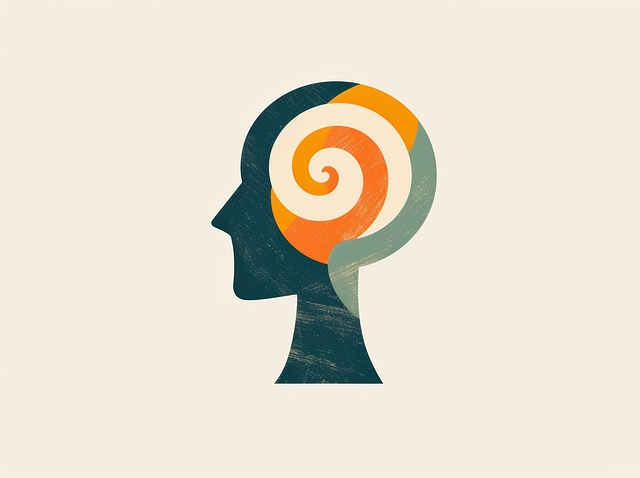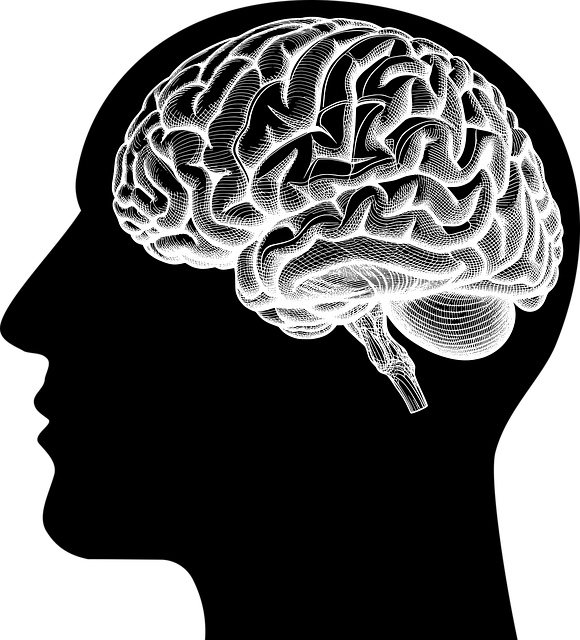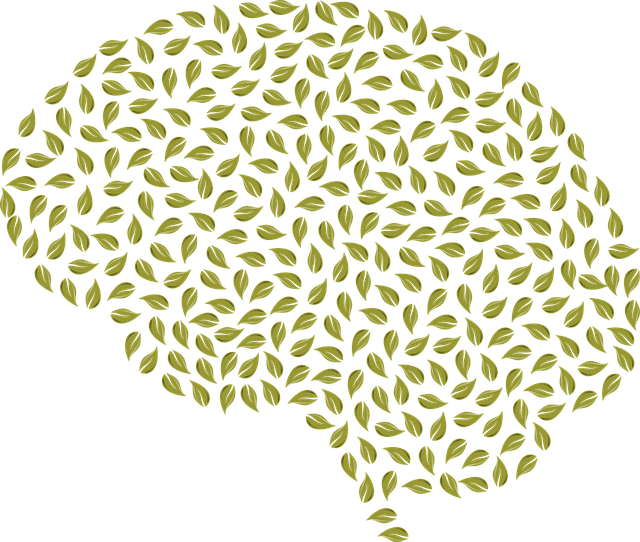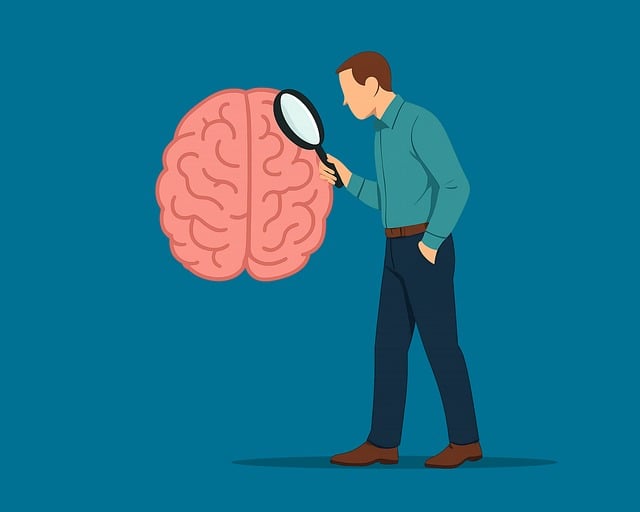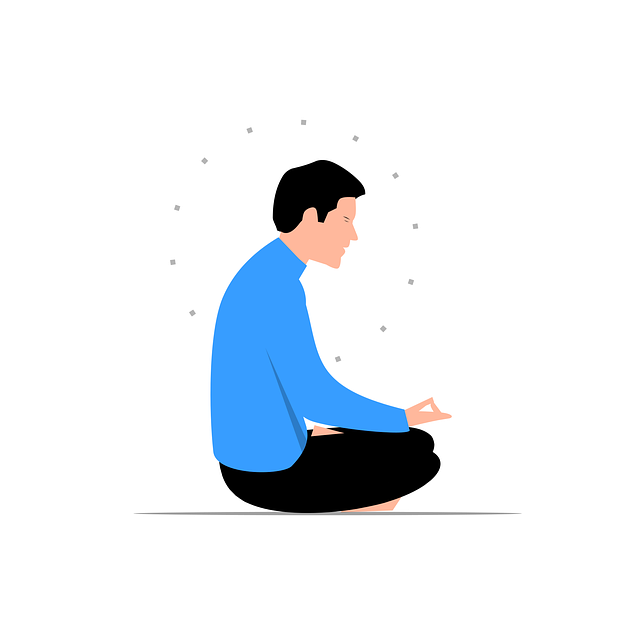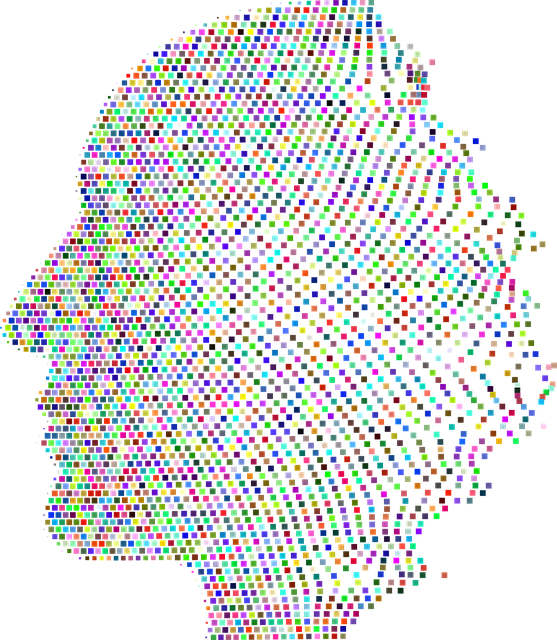In today's digital age, mental health apps like Wheat Ridge Mental Health Evaluations Therapy are gaining popularity for their accessibility and effectiveness in early risk identification and evidence-based CBT practices. These tools empower users to manage their emotional well-being through self-care integration, holistically assessing mental health with questionnaires, interviews, and physiological data. Key features include personalized therapy recommendations, mental wellness journaling exercises, and interactive strategies for stress, anxiety, and depression management. To enhance user experience, apps should offer intuitive navigation, gamification, Emotional Intelligence integration, and risk assessment tools for professionals. Additionally, prioritizing privacy, ethics, and data security is crucial to foster trust in these platforms.
Mental wellness apps are transforming access to support, offering innovative solutions for managing mental health. This article explores the burgeoning landscape of digital mental health tools, focusing on the effectiveness of Wheat Ridge Mental Health Evaluations as a comprehensive approach. We delve into designing engaging therapy features within apps, user experience strategies, and critical considerations like privacy and ethics. By examining these aspects, we aim to highlight the potential for app development in enhancing traditional therapy methods.
- Understanding Mental Health: The Need for Digital Solutions
- Wheat Ridge Mental Health Evaluations: A Comprehensive Approach
- Designing Effective Therapy Tools within an App
- User Experience and Engagement Strategies for Mental Wellness Apps
- Privacy, Ethics, and Security Considerations in App Development
Understanding Mental Health: The Need for Digital Solutions

In today’s fast-paced world, mental wellness is a cornerstone of overall health and well-being. Issues like anxiety, stress, and depression are prevalent, affecting individuals across various demographics. The need for accessible and effective solutions has led to a surge in interest for digital tools, such as mental health evaluations and therapy apps. These innovations offer discreet, convenient, and often affordable options for those seeking support.
Wheat Ridge Mental Health Evaluations have proven valuable in identifying risks early on, while apps focused on therapy provide platforms for evidence-based practices like cognitive behavioral therapy (CBT). By integrating self-care practices into daily routines, these digital solutions not only alleviate symptoms of common mental health concerns but also empower users to take charge of their emotional well-being. This shift towards digital tools in mental wellness care reflects a broader societal move towards embracing technology as an enabler for better, more accessible healthcare.
Wheat Ridge Mental Health Evaluations: A Comprehensive Approach

Wheat Ridge Mental Health Evaluations take a comprehensive approach to understanding and addressing an individual’s mental health needs. These evaluations go beyond surface-level assessments, delving into the intricate factors that contribute to one’s well-being. By combining professional questionnaires, clinical interviews, and sometimes even physiological measurements, these evaluations aim to uncover hidden strengths and weaknesses. This holistic process allows for tailored therapy recommendations, ensuring personalized support for mental health awareness and inner strength development.
The assessments are designed to facilitate not only diagnosis but also to provide guidance on effective mental wellness journaling exercises. By integrating this practice into the evaluation process, individuals gain valuable tools to track their emotional journeys, fostering self-awareness and promoting continuous growth. Through such comprehensive initiatives, Wheat Ridge Mental Health Evaluations aim to empower users with the knowledge and resources needed to enhance their mental wellness and navigate life’s challenges effectively.
Designing Effective Therapy Tools within an App

In designing effective therapy tools for a mental wellness app, developers must prioritize evidence-based practices and user experience. Incorporating features like Wheat Ridge Mental Health Evaluations ensures the app provides accurate assessments, enabling personalized treatment plans tailored to individual needs. By integrating interactive exercises focused on Inner Strength Development and Self-Esteem Improvement, these apps can offer practical strategies for users to manage stress, anxiety, or depression right within their pockets.
The key lies in creating intuitive interfaces that guide users through therapy sessions, fostering a sense of comfort and engagement. Regular feedback mechanisms, progress tracking, and access to mental health professionals enhance the app’s effectiveness, making it more than just a tool—a supportive companion on one’s journey towards better mental health.
User Experience and Engagement Strategies for Mental Wellness Apps

Creating a mental wellness app requires a thoughtful approach to user experience (UX) and engagement strategies. The interface should be intuitive and accessible, providing users with easy navigation through various features like mood tracking, meditation guides, and Wheat Ridge Mental Health Evaluations. Incorporating interactive elements can enhance user participation, encouraging consistent use of the app. For instance, gamification techniques such as badges or rewards for completing therapy modules can foster a sense of accomplishment and motivate users to maintain their mental health journey.
Emotional Intelligence (EI) plays a significant role in effective engagement. Apps should offer personalized recommendations based on individual user inputs and progress. This could include tailored stress management techniques, mindfulness exercises, or even referrals to relevant therapy options. Risk assessment tools for mental health professionals built into the app can also facilitate early interventions and prevent exacerbation of symptoms. By combining these strategies, mental wellness apps aim to create a supportive environment that encourages users to prioritize their emotional well-being, much like Wheat Ridge Mental Health Evaluations offers professional guidance in a therapeutic setting.
Privacy, Ethics, and Security Considerations in App Development

As mental wellness apps gain popularity, prioritizing privacy, ethics, and security is more crucial than ever. Users sharing intimate details about their emotional well-being expect these platforms to handle data with utmost discretion. Apps like Wheat Ridge Mental Health Evaluations Therapy must implement robust encryption protocols to safeguard user information from unauthorized access or breaches. This includes securing not only personal data but also ensuring the confidentiality of therapeutic conversations and assessments.
Ethical considerations come into play when designing communication strategies within these apps. Developers should foster open dialogue while respecting user privacy. Stress Reduction Methods and Communication Strategies can be effectively integrated, allowing users to connect with therapists, share progress, and receive personalized guidance. Moreover, mental illness stigma reduction efforts can be addressed through anonymous sharing features and supportive community forums, creating a more inclusive environment for all users.
The development of mental wellness apps, particularly incorporating elements from Wheat Ridge Mental Health Evaluations, offers a promising digital solution to enhance therapy accessibility. By integrating comprehensive assessments and effective therapeutic tools, these applications can significantly improve user engagement and overall mental health outcomes. However, developers must prioritize privacy, ethics, and security to build trust with users. With the right focus on user experience, these apps have the potential to revolutionize access to care, making therapy more inclusive and accessible in today’s digital age.



